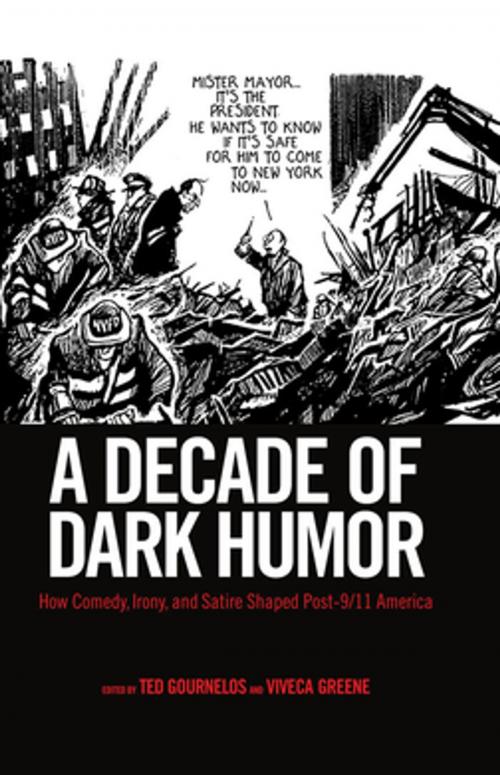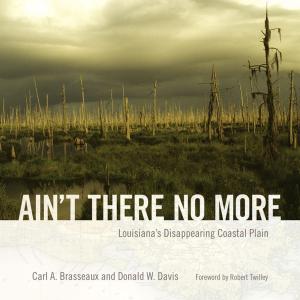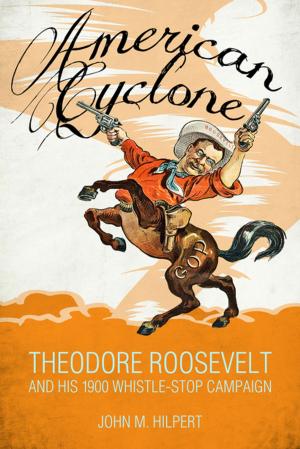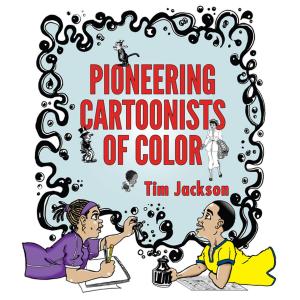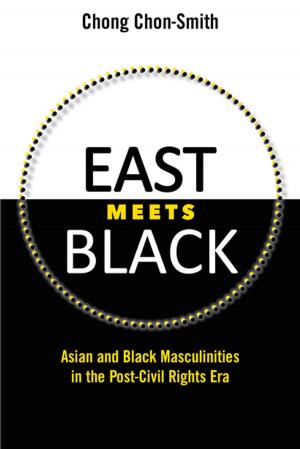A Decade of Dark Humor
How Comedy, Irony, and Satire Shaped Post-9/11 America
Fiction & Literature, Literary Theory & Criticism, Nonfiction, History, Americas, United States, Social & Cultural Studies, Social Science| Author: | ISBN: | 9781628467086 | |
| Publisher: | University Press of Mississippi | Publication: | August 1, 2011 |
| Imprint: | University Press of Mississippi | Language: | English |
| Author: | |
| ISBN: | 9781628467086 |
| Publisher: | University Press of Mississippi |
| Publication: | August 1, 2011 |
| Imprint: | University Press of Mississippi |
| Language: | English |
A Decade of Dark Humor analyzes ways in which popular and visual culture used humor-in a variety of forms-to confront the attacks of September 11, 2001 and, more specifically, the aftermath. This interdisciplinary volume brings together scholars from four countries to discuss the impact of humor and irony on both media discourse and tangible political reality. Furthermore, it demonstrates that laughter is simultaneously an avenue through which social issues are deferred or obfuscated, a way in which neoliberal or neoconservative rhetoric is challenged, and a means of forming alternative political ideologies.
The volume's contributors cover a broad range of media productions, including news parodies (The Daily Show with Jon Stewart, The Colbert Report, The Onion), TV roundtable shows (Politically Incorrect with Bill Maher), comic strips and cartoons (Aaron McGruder's The Boondocks, Jeff Danzinger's editorial cartoons), television drama (Rescue Me), animated satire (South Park), graphic novels (Art Spiegelman's In the Shadow of No Towers), documentary (Fahrenheit 9/11), and other productions.
Along with examining the rhetorical methods and aesthetic techniques of these productions, the essays place each in specific political and journalistic contexts, showing how corporations, news outlets, and political institutions responded to-and sometimes co-opted-these forms of humor.
A Decade of Dark Humor analyzes ways in which popular and visual culture used humor-in a variety of forms-to confront the attacks of September 11, 2001 and, more specifically, the aftermath. This interdisciplinary volume brings together scholars from four countries to discuss the impact of humor and irony on both media discourse and tangible political reality. Furthermore, it demonstrates that laughter is simultaneously an avenue through which social issues are deferred or obfuscated, a way in which neoliberal or neoconservative rhetoric is challenged, and a means of forming alternative political ideologies.
The volume's contributors cover a broad range of media productions, including news parodies (The Daily Show with Jon Stewart, The Colbert Report, The Onion), TV roundtable shows (Politically Incorrect with Bill Maher), comic strips and cartoons (Aaron McGruder's The Boondocks, Jeff Danzinger's editorial cartoons), television drama (Rescue Me), animated satire (South Park), graphic novels (Art Spiegelman's In the Shadow of No Towers), documentary (Fahrenheit 9/11), and other productions.
Along with examining the rhetorical methods and aesthetic techniques of these productions, the essays place each in specific political and journalistic contexts, showing how corporations, news outlets, and political institutions responded to-and sometimes co-opted-these forms of humor.
